‘Sealing off Europe cannot be the right policy’
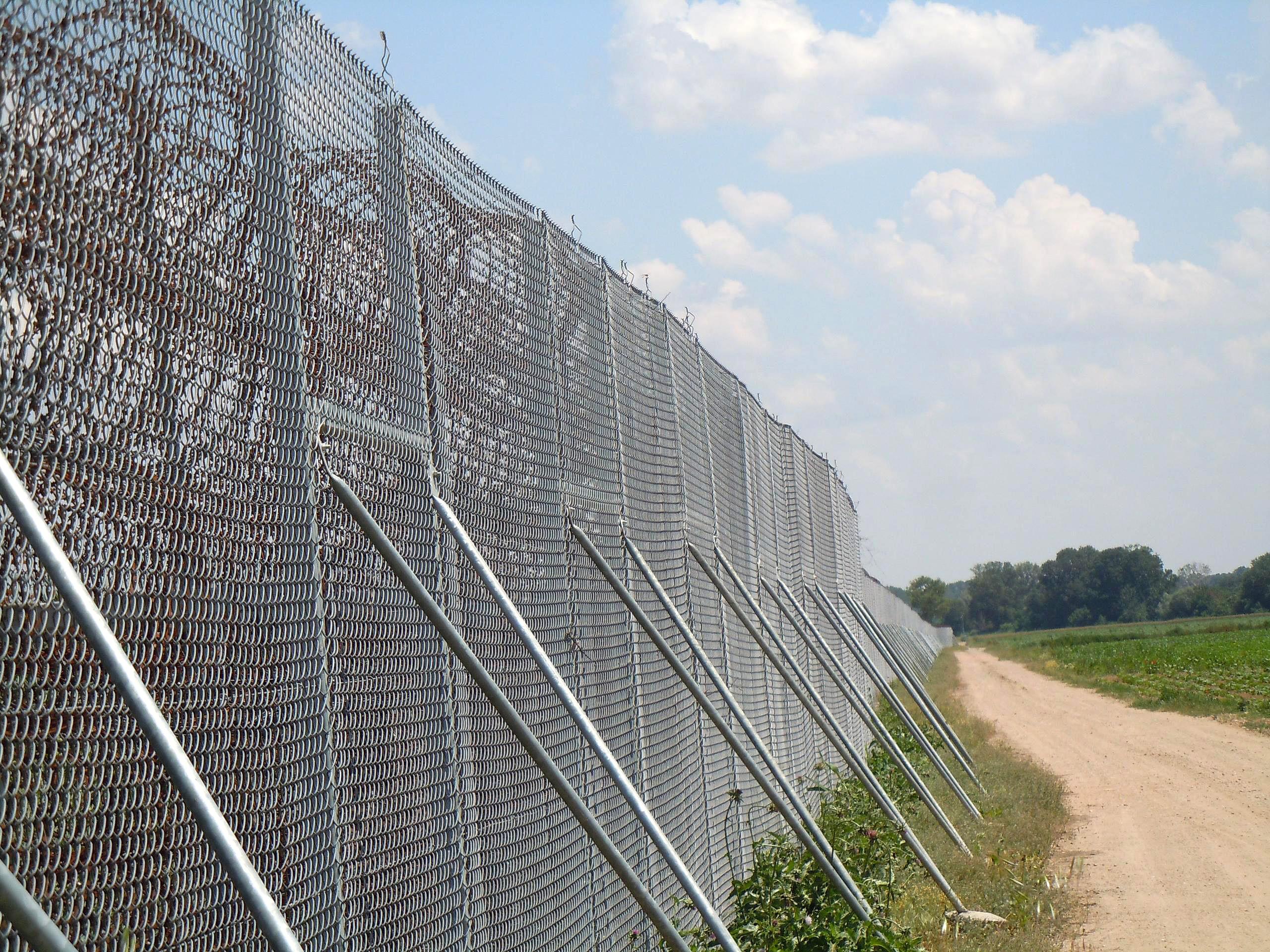
The European Union’s inability to agree on a plan to distribute refugees across its 28 countries according to a binding quota system shocked professor of migration law Alberto Achermann.
In an interview with swissinfo.ch, the University of Bern expert said the current crisis in refugee policy might mean it is time to fundamentally rethink the entire process.
swissinfo.ch: EU countries recently agreed on the voluntary distribution of asylum seekers. Is this a small step in the right direction, or proof of a lack of solidarity?
Alberto Achermann: Whether it is a small step or not will first be seen if there are indeed offers to accept refugees. I see the biggest problem being that the countries that would be most willing to accept asylum seekers are those that are already more heavily burdened than others. Whether these countries will voluntarily take on more people from Italy and Greece remains to be seen.
Germany has been a strong advocate of the binding quota system and almost cannot do anything other than to accept additional refugees, even though it already has a very high number of asylum seekers in proportion to its population.
Those countries with the fewest refugees have already made it known that they do not want mandatory quotas. I’m curious to see if they’ll participate voluntarily.
The big question is whether asylum seekers will remain in the country they were assigned to, or if there’ll then be a secondary migration. Will asylum seekers who are assigned to Slovakia, for example, stay there? Or will they go underground and travel on – to Sweden or England, for example, where they originally wanted to go?
swissinfo.ch: Non-EU member Switzerland participates in the Schengen and Dublin accords. The Swiss have spoken positively about distributing asylum seekers across Europe according to binding quotas. Have they done so out of self-interest, because this would relieve them from strain, or were there other reasons?
A.A.: I think it primarily has to do with their own interests, otherwise Switzerland – which is not a full member of the European asylum space – would not be so actively engaged. On the other hand, statistics over the last 15 to 20 years indicate that Switzerland has always been one of the European countries that has taken in the highest number of asylum seekers in proportion to the population. Therefore it’s quite understandable that Switzerland is one of the most active promoters of a quota system.
Even so, Switzerland has not strongly advocated for a real, common European asylum policy. That the Swiss did not adopt the EU’s asylum directives shows clearly that we cannot or do not want to fully participate here.
swissinfo.ch: Swiss Justice Minister Simonetta Sommaruga has called for a “just” distribution model. What criteria should apply?
A.A.: I find the criteria developed by the European Commission not at all bad. Their focus is on the number of asylum seekers as a proportion of population, unemployment figures, gross domestic product and already established refugees. The criteria in and of themselves are not controversial. The principle of being obliged to accept quotas is what’s controversial.
swissinfo.ch: The countries on Schengen’s outermost external borders, such as Greece, Italy or Hungary, are especially affected by migration pressure. According to the Dublin accord, the European country that a refugee first enters is responsible for examining their asylum claim. Does this agreement need to be revised?
A.A.: Since Dublin was concluded in 1990, the talk has been of unfair burden sharing. In the early years, this was not so accentuated, because there were few asylum applications in the southern countries. The refugees simply moved on, and because their numbers were low, this was also not problematic for the receiving countries.
But since then application numbers have risen sharply, putting the problem in stark relief. If it does come to a distribution quota, Dublin will at any rate need to be revised. That would be the time to change these mechanisms. That is, to determine where asylum applications are to be reviewed, at the external EU border or in the country in which the application is made. This will not be easy.
The logic of the present system assumes that the countries on the outermost borders of Schengen are to blame if asylum seekers enter their territory, and that this should be an incentive for them to better police their borders. It could be that the criterion of the outermost boundaries is retained, but with a distribution quota, so that countries with particularly high numbers of asylum seekers can send them elsewhere.
swissinfo.ch: The reality is that a number of countries already circumvent the Schengen and Dublin accords in that they temporarily close borders, conduct border searches, or register asylum seekers inadequately. Is the EU’s migration policy in tatters?
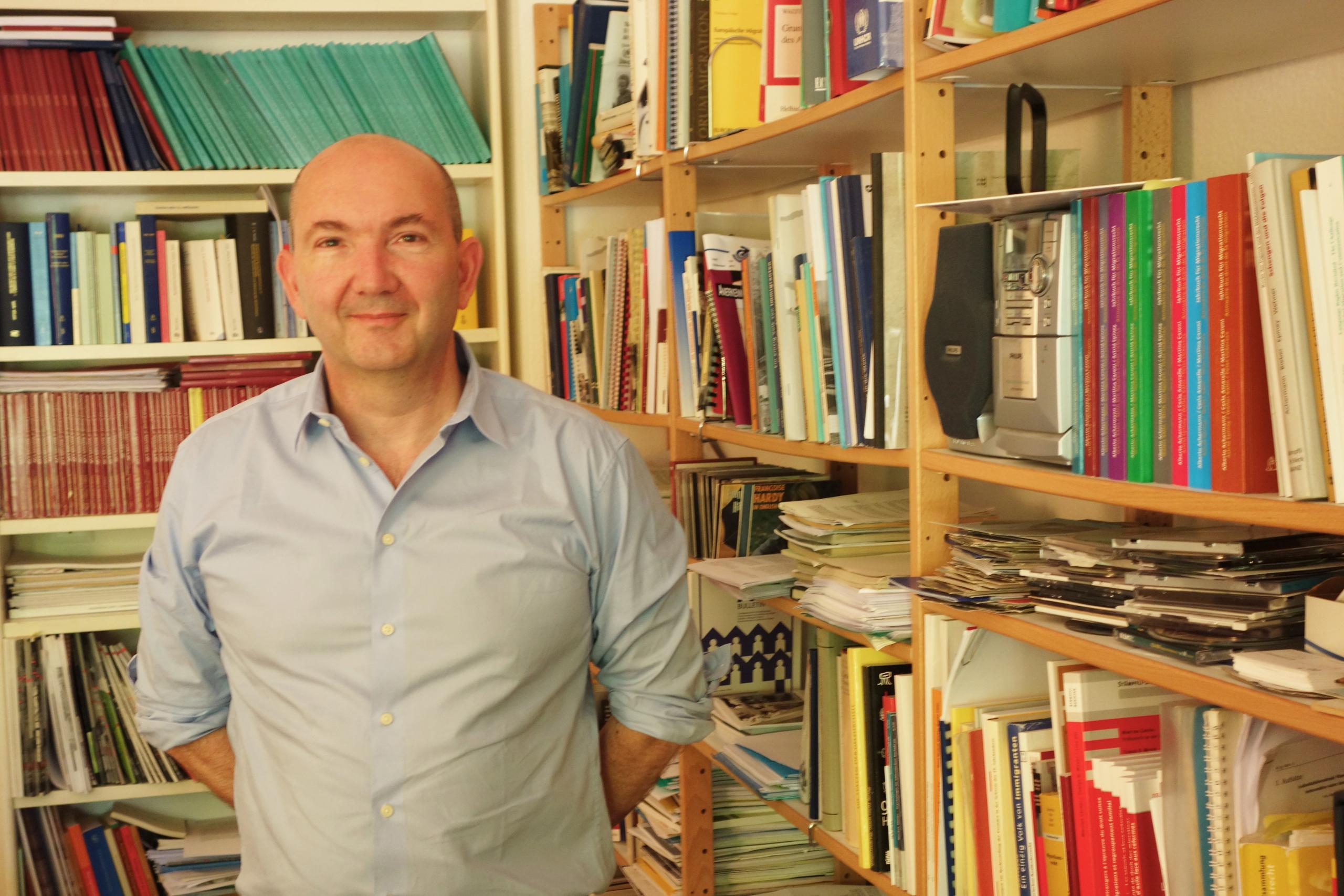
A.A.: It has certainly taken a beating. In the 1970s and 1980s refugees could more or less choose where to request asylum. They could go where their relatives lived or where they knew the language. This became history with Dublin. I don’t believe it’ll be possible to go back to the old system. What’s needed now is a replacement for the system we have right now – a process that will take decades.
Today the chances of being granted asylum in Europe are distributed very unevenly. In one country, the rate of acceptance might be 1%, in another 40% to 50%. This is known as the “asylum lottery”. Moreover, conditions in the detention centres are also extremely varied. These range from reasonably decent accommodations to closed camps to sleeping in the open, which is sometimes the case in Hungary or Greece.
swissinfo.ch: What should the EU countries do?
If you want a more equitable distribution of asylum seekers and a better system, then the member countries need to all pull in the same direction to achieve more or less comparable admission conditions. It will be a long time before acceptable ratios are achieved. If the countries can get that far, it would no longer matter very much where a refugee goes through the asylum procedure.
This would be similar to what we already have in Switzerland – a quota system that distributes refugees among the cantons. Whether they go through the asylum procedure in Glarus or Geneva doesn’t matter – their odds are the same. If they are accepted in one canton, asylum seekers are also allowed to move to another.
swissinfo.ch: The EU asylum and refugee policy currently lacks a clear strategy and vision. Does this play into the hand of organised people-smuggling gangs?
A.A.: As long as migrants cannot enter Europe legally, there will be no end to this type of flight and loss of life. It’s probably too easy to just bash the gangs. People always find ways to come to Europe. As the past 20 years demonstrate, the routes are constantly changing, but the numbers have not declined. On the contrary.
A certain share of the responsibility for the suffering of these refugees cannot be argued away. Perhaps the present crisis is the moment to fundamentally rethink everything. Europe currently finds itself in an “armament spiral”. Instead of investing in multi-million-dollar border security with dogs and infrared cameras, they should invest in education locally, at the sources of the migration. Because the current system of trying to seal off Europe cannot be the right one.
Switzerland in numbers
According to the office of the United Nations High Commissioner for Refugees, 22,000 people applied for asylum in Switzerland in 2014. This amounts to 2.7 asylum seekers per 1,000 inhabitants. Only Sweden (7.8), Hungary (4.2), Austria (3.3) and Malta (3.0) reported higher rates in Europe. The average continent-wide was 1.1 per 1000 inhabitants.
Translated from German by Kathleen Peters

In compliance with the JTI standards
More: SWI swissinfo.ch certified by the Journalism Trust Initiative
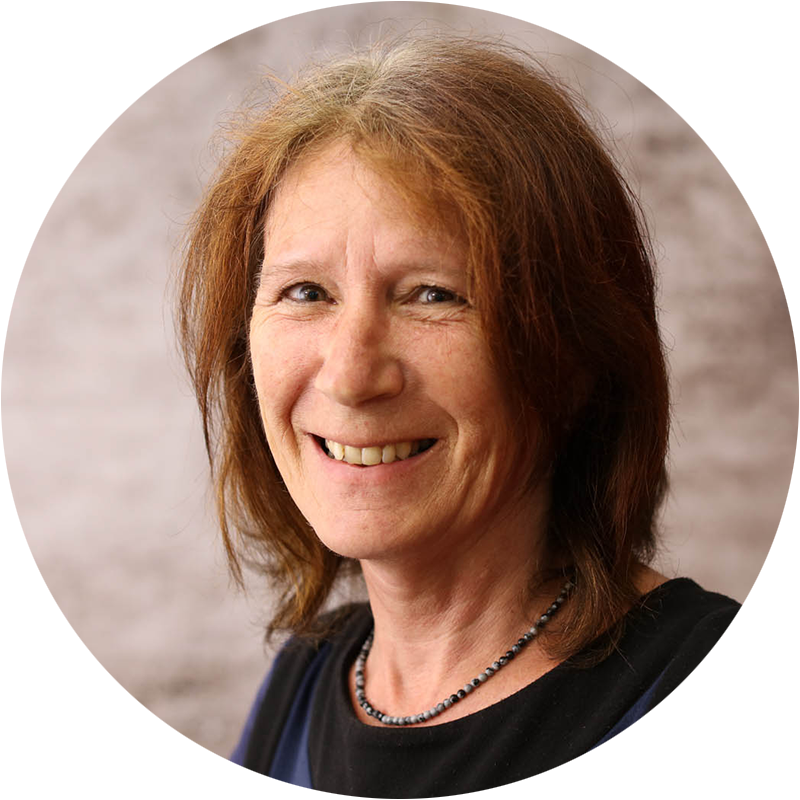
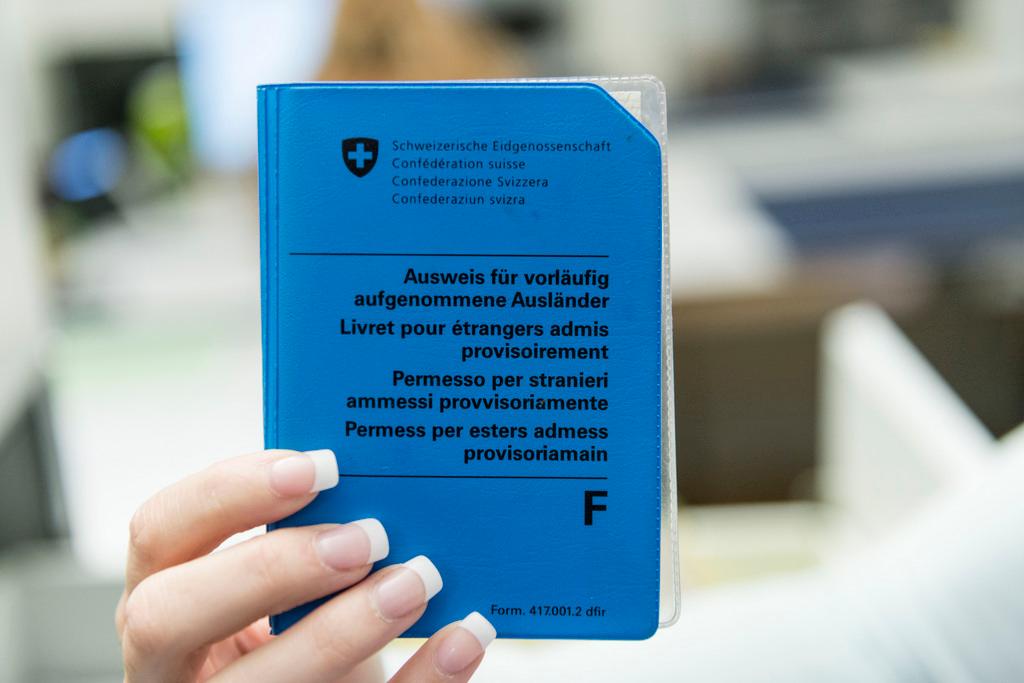
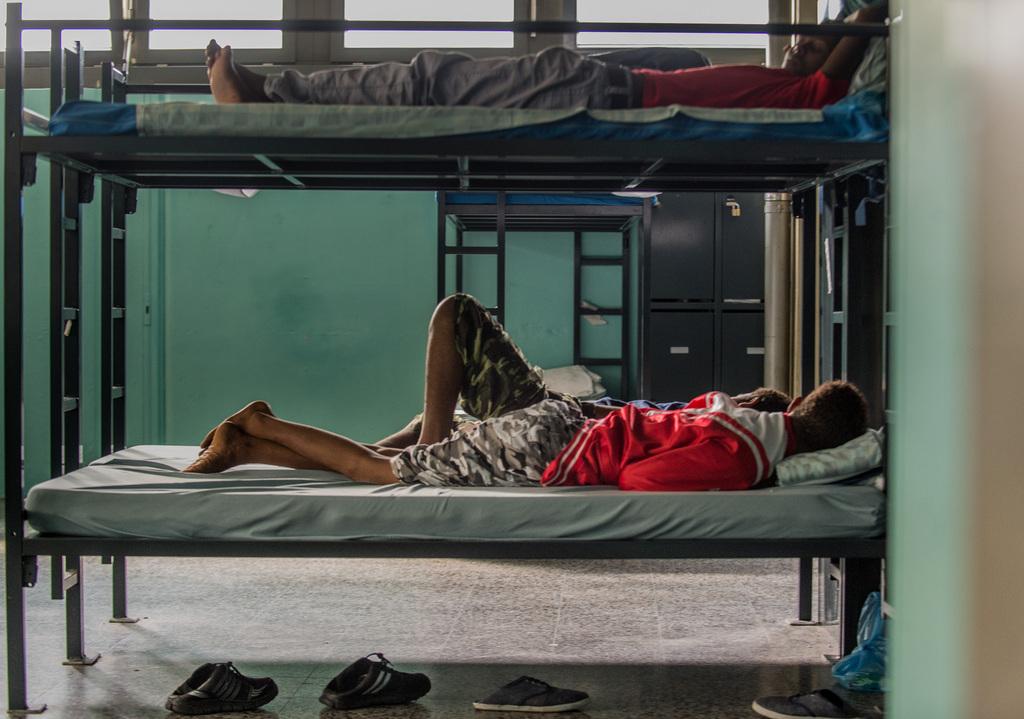

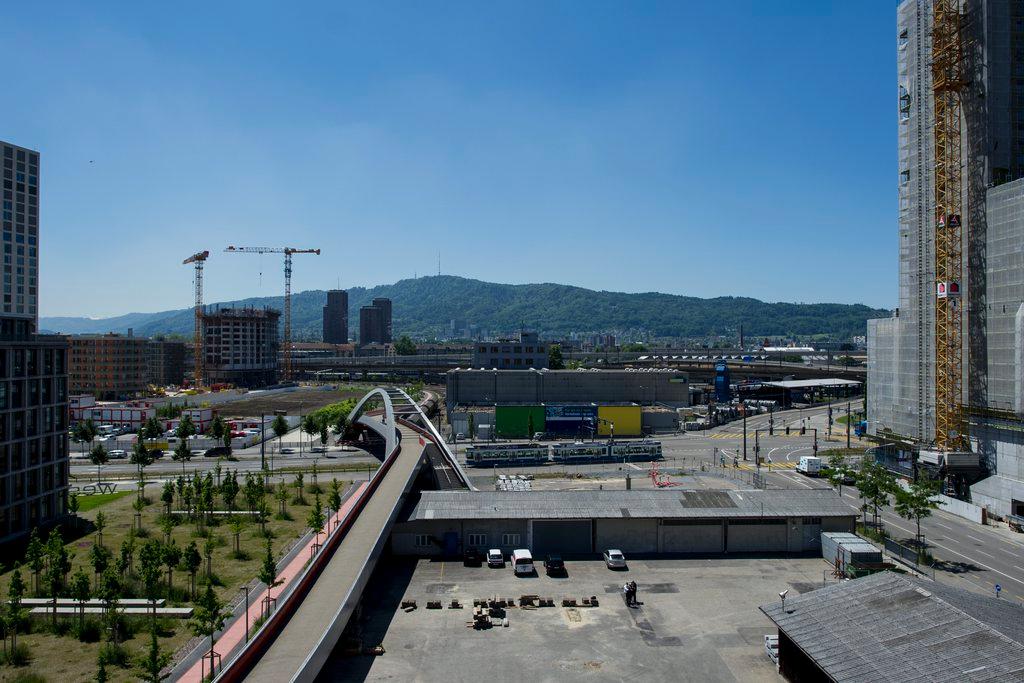
You can find an overview of ongoing debates with our journalists here. Please join us!
If you want to start a conversation about a topic raised in this article or want to report factual errors, email us at english@swissinfo.ch.